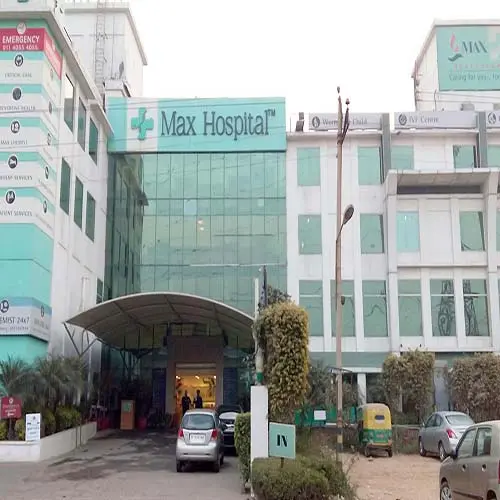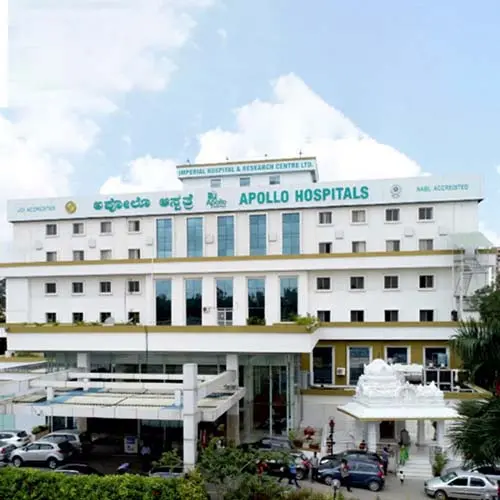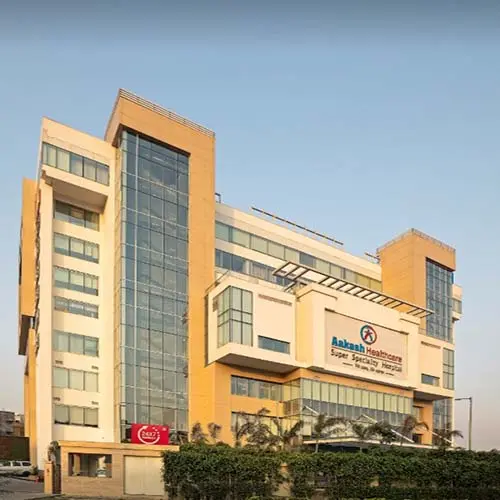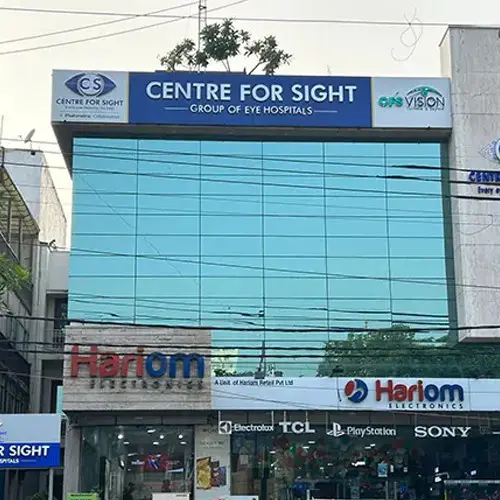Cornea Transplant cost in India
Cornea transplant surgery in India typically costs between $1800 to $2600, which is equivalent to approximately ₹154,800 to ₹223,600 Indian rupees. This procedure, also known as keratoplasty, involves replacing a damaged or diseased cornea—the clear, dome-shaped surface at the front of the eye—with healthy donor tissue. It is commonly performed to restore vision affected by conditions such as corneal scarring, keratoconus, infections, or degenerative diseases.
Cost Range of Cornea Transplant cost in India
Surgeons develop a customized treatment plan for cornea transplant (keratoplasty) in India by thoroughly evaluating the patient’s medical history, eye examination findings, corneal imaging (such as topography or OCT), and overall ocular health. The underlying cause of corneal damage—whether due to scarring, keratoconus, infections, or endothelial dysfunction—along with the extent and location of the affected tissue, determines the most suitable surgical technique.
Patient-specific factors such as age, general health, pre-existing eye conditions, prior ocular surgeries, and risk of graft rejection also influence whether a full-thickness (penetrating keratoplasty) or partial-thickness (lamellar keratoplasty) transplant is recommended. A carefully tailored surgical plan helps maximize visual improvement, reduce the risk of complications, promote faster healing, and support the long-term success of the corneal graft.
Get a free cost estimate
Common Conditions That May Require Cornea Transplant or Keratoplasty
Corneal Scarring
Scars on the cornea, caused by infections (such as herpes simplex or bacterial keratitis), trauma, or previous surgeries, can cloud vision and distort the corneal surface. When vision is significantly impaired, a cornea transplant is often recommended to restore clarity.
Keratoconus
A progressive condition where the cornea thins and bulges outward into a cone shape, leading to blurred and distorted vision. In advanced cases where contact lenses no longer help, a corneal transplant may be necessary to stabilize and improve vision.
Fuchs' Endothelial Dystrophy
A degenerative disorder affecting the innermost layer of the cornea (endothelium), causing swelling, haziness, and vision loss. A partial-thickness corneal transplant (endothelial keratoplasty) is typically used to replace the damaged layer and restore clear vision.
Corneal Infections
Severe or untreated infections can damage the cornea irreversibly. When medical treatments fail to resolve the issue or scarring occurs, a corneal transplant is performed to replace the diseased tissue and recover visual function.
Corneal Degenerations and Dystrophies
Various hereditary or acquired conditions often associated with ageing or disease can cause gradual loss of corneal transparency and structure. When these conditions progress to the point where vision is significantly impaired, a cornea transplant becomes the treatment of choice.
Corneal Trauma
Injuries to the eye, such as chemical burns or penetrating trauma, can lead to permanent corneal opacity or irregularity. In such cases, corneal transplantation offers the best chance for vision restoration.
Who Is an Eligible Candidate for Cornea Transplant (Keratoplasty) in India?
Medical Eligibility Criteria
a) Confirmed Corneal Disease Diagnosis
A cornea transplant is considered for patients with clinically diagnosed corneal conditions that significantly impair vision.
Evaluation involves:
- Slit-Lamp Examination (to assess corneal clarity, thickness, and surface irregularities)
- Corneal Topography / Tomography (for mapping corneal shape and diagnosing keratoconus or ectasia)
- Specular Microscopy / OCT (to evaluate corneal endothelial cell health and thickness)
- Visual Acuity Testing (to assess the impact of corneal damage on vision)
b) Severity and Symptoms
- Advanced Keratoconus or Ectatic Disorders: When vision cannot be improved with glasses or contact lenses
- Corneal Scarring (Infection/Trauma): When scarring causes significant vision loss
- Fuchs’ Endothelial Dystrophy: When corneal swelling or cloudiness impairs daily activities
- Failed Previous Corneal Transplant: Graft failure or rejection requiring repeat surgery
- Corneal Degenerations/Dystrophies: Progressive vision loss despite conservative treatment
Additional Considerations
(a) Age
There is no strict age limit. Transplants can be performed in both young and older patients based on health and need.
(b) Overall Health
Conditions like diabetes or autoimmune diseases should be well-controlled. The patient must be fit for eye surgery.
(c) Lifestyle Factors
Quitting smoking and following medical advice helps in faster healing and better results.
(d) Patient Motivation and Quality of Life
You should be willing to follow your doctor’s instructions, attend regular follow-up visits, and understand that vision improvement may take time.
Types of Cornea Transplant Surgery in India
Here is an overview of the common types of Transplant Surgeries along with their approximate cost range in USD:
| Type of Cornea Transplant | Description | Cost in USD |
| Penetrating Keratoplasty (PK) | Replaces the entire cornea with a healthy donor cornea. It is usually done when the whole cornea is badly scarred or damaged. | 1800 - 2500 |
| Descemet’s Stripping Endothelial Keratoplasty (DSEK / DSAEK) | Replaces only the damaged inner layer of the cornea. Often used for patients with swelling or cloudiness due to diseases like Fuchs’ dystrophy. | 2000 - 2500 |
| Descemet Membrane Endothelial Keratoplasty (DMEK) | A more advanced version of endothelial transplant. It uses an ultra-thin donor layer for better vision and faster recovery. | 2000 - 2500 |
| Anterior Lamellar Keratoplasty (ALK / DALK) | Replaces the front layers of the cornea, keeping the inner healthy layer intact. This is helpful for patients with conditions like keratoconus or surface scars. | 2000 - 2500 |
| Emergency Cornea Transplant | Performed quickly when the cornea is badly injured or infected. It helps save the eye and restore some vision. | 2000 - 2500 |
Get a free cost estimate
Best Doctors for Cornea Transplant in India
Cornea Transplant Surgery Cost in India Inclusions
- First consultation
- Type of surgery as advised
- Donor cornea
- Routine drugs and consumables required during treatment
- Pre-anesthesia check up and clearance
Cornea Transplant Surgery Cost in India Exclusions
- Pre-operative examination and tests
- Hotel stay, meals and flights
- Hospital stay if needed
- Post-treatment follow-ups
- Treatment for any other underlying medical conditions
- Any complex investigations or drugs
Other Factors Affecting Cornea Transplant Surgery Cost in India
- Type of surgery advised
- Choice of location, doctor and hospital
- Pre-existing medical history
- Type and duration of treatment advised
- History of previous eye surgeries
Types of Tests Done Before Cornea Transplant Surgery in India
| Type of Test | Description | Cost in USD |
| Anterior Segment Optical Coherence Tomography (AS-OCT) | Provides high-resolution images of corneal layers to guide treatment planning. | 300 - 500 USD |
| Visual Acuity Test | Measures how clearly you can see and how much your vision is affected. | |
| Slit-Lamp Examination | Allows detailed inspection of the cornea for scars, swelling, and other damage. | |
| Eye Pressure Test (Tonometry) | Checks for elevated eye pressure that may need management before or after surgery. | |
| Tear Film and Dry Eye Tests | Evaluates tear production and eye surface health to prevent post-surgery complications. | |
| Corneal Topography | Maps the shape of the cornea to detect issues like keratoconus or irregular surfaces. | |
| Corneal Pachymetry | Measures the thickness of the cornea to assess which layers are damaged. | |
| Specular Microscopy | Examines the health of the innermost corneal cells (endothelial cells). |
Why is India Preferred as One of the Best Countries for Keratoplasty?
India is one of the most preferred destinations for cornea transplant surgery due to its advanced eye care facilities, globally trained surgeons, and affordable treatment costs. Many international patients choose India to restore their vision through safe and effective cornea transplant procedures.
The average cost of a cornea transplant in India ranges from $1800 to $2500, which is far more affordable than in countries like the USA ($11000–$15000) or Turkey ($6000–$1100). Despite the lower cost, India maintains high international standards of care.
Leading hospitals such as Max Healthcare and Centre for Sight offer state-of-the-art facilities and a wide range of transplant options including penetrating keratoplasty, DSEK/DMEK, and DALK. These procedures are performed using advanced surgical techniques, modern equipment, and high-quality donor corneal tissue from certified eye banks. Indian eye specialists are highly experienced in treating complex cases like keratoconus, corneal scarring, Fuchs’ dystrophy, and corneal infections.
Patients benefit from minimal waiting times, personalized care, and excellent visual outcomes. India also provides strong support for international patients, including medical visa assistance, interpreter services, affordable accommodation, and post-surgery care—ensuring a smooth and stress-free experience. In summary, India offers a powerful combination of affordability, surgical excellence, and patient care, making it a top destination globally for cornea transplant surgery.
Best Cornea Transplant Surgery Hospitals in India
FAQs
No, the surgery is performed under local or general anesthesia, so you won’t feel pain during the procedure. Some discomfort or irritation may occur during healing.
Basic healing takes a few weeks, but full visual recovery may take 3 to 6 months or longer, depending on the type of transplant.
Risks include graft rejection, infection, swelling, or delayed healing. Regular follow-ups with your eye doctor reduce these risks.
Yes, most patients need glasses or contact lenses for best vision after the cornea heals.
You can lawfully drive 24 hours following surgery if your non-transplant eye is still able to see well. However, if you have an endothelial transplant, your physician could advise you to wait longer before driving.
It may require a few days to a few weeks before you are able to resume employment.Your degree of pain, your vision, and the tasks you complete at work will all play a role. You might need to take more time off from work if your profession requires you to perform physically demanding tasks like carrying large goods.









